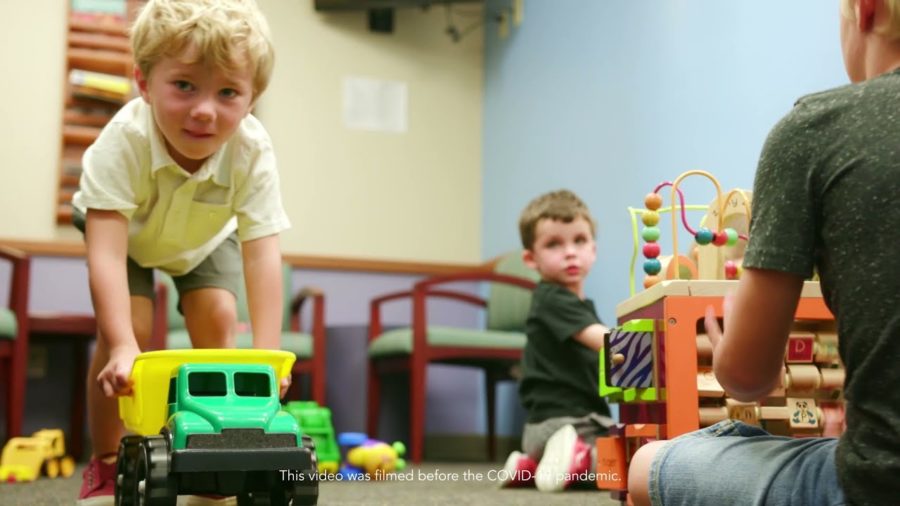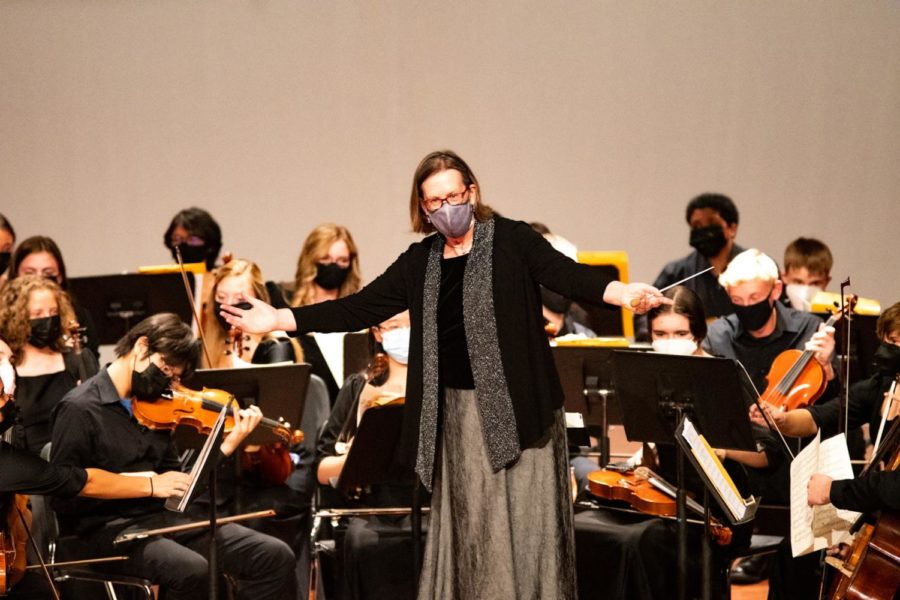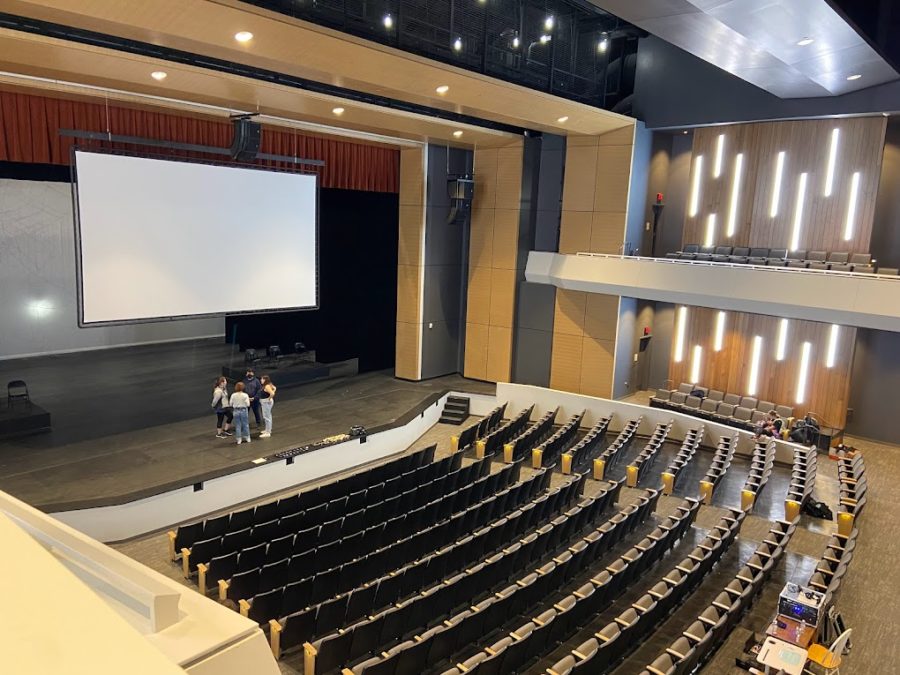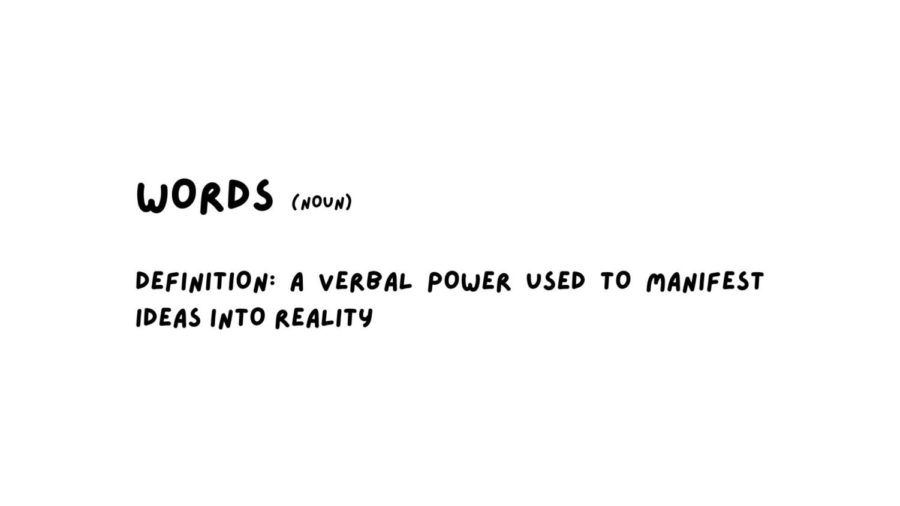Our society is heavily influenced by material objects and possessions. This materialistic attitude can be found almost everywhere, from Lil’ Wil boasting his "dougie" to our demand for the latest Apple gadget. Unfortunately, many of us seem to be unaware of the damage caused by this ideology. I say this in contrast to what I experienced in Uganda this past summer. The children there, as one might expect, exist in extreme poverty. By our standards, they’re lives couldn’t be much worse; they have no access to the internet, or even computers for that matter. The first cameras they saw belonged to members of the ’09 Uganda project. Not only were these children technology-deprived, but they also lacked things that we couldn’t bear to live without, things like security of health, body, and resources (included in the second tier of Maslow’s hierarchy of needs). But are these children, in fact, entirely worse off than we are? Looking at it from a material perspective, the obvious answer is yes. However, looking at it from a different perspective, one based on values instead of material possessions, the answer is not so simple. These children, mostly from ages 4-10 or so, were almost always laughing and enjoying themselves, whether it be from watching Akshay Sanghi fall into a septic pit, or simply by talking and playing with friends. Except for a few babies, none of the kids I saw shed a single tear, despite the fighting that took place among the children. Compare that to what I saw in O’Hare airport a few weeks later; Two brothers, both about 7 years young, started to fight over a G.I. Joe action figure. One got the upper hand and snatched it away from his brother, who immediately started bawling and yelling at the other. Big daddy had to intervene. My point being: we seem to have let our material possessions get the best of us, leading to many negative consequences. We have become dependent on these tangible objects. Unlike the tightly-woven communities in the Ugandan villages and towns, much of America seems to have been hit by a wave of social disintegration. Even in my own neighborhood, although I do see interactions between people as friends, I rarely see interaction between people as neighbors. Additionally, for many of us, especially teenagers, material possessions have been prioritized over other values, such as community and family, which tend to be cherished more by the Ugandans. Quoth Tyler Durden (Brad Pitt), "The things you own end up owning you." This quote from the movie Fight Club used to be, to me, naught but a cliche. After having experienced Uganda, though, it has resonated with me in a big way. So, ultimately, who’s better off, Ugandans or Americans? Is it better to live a life dependent on available luxuries or a life liberated from any material preoccupations? The question is up for debate, but one thing is for certain: Although we have our Ipods, laptops, and designer clothes, we do not have the Ugandan sense of community and kinship, a sense that we, as Americans, tend to admire.
Categories:
Editorial: America could learn from the Ugandans
Chris Xin
•
October 29, 2009
Story continues below advertisement
0
Donate to The WEB
$75
$450
Contributed
Our Goal
Your donation will support the student journalists of Ames High School, and Iowa needs student journalists. Your contribution will allow us to cover our annual website hosting costs.

































